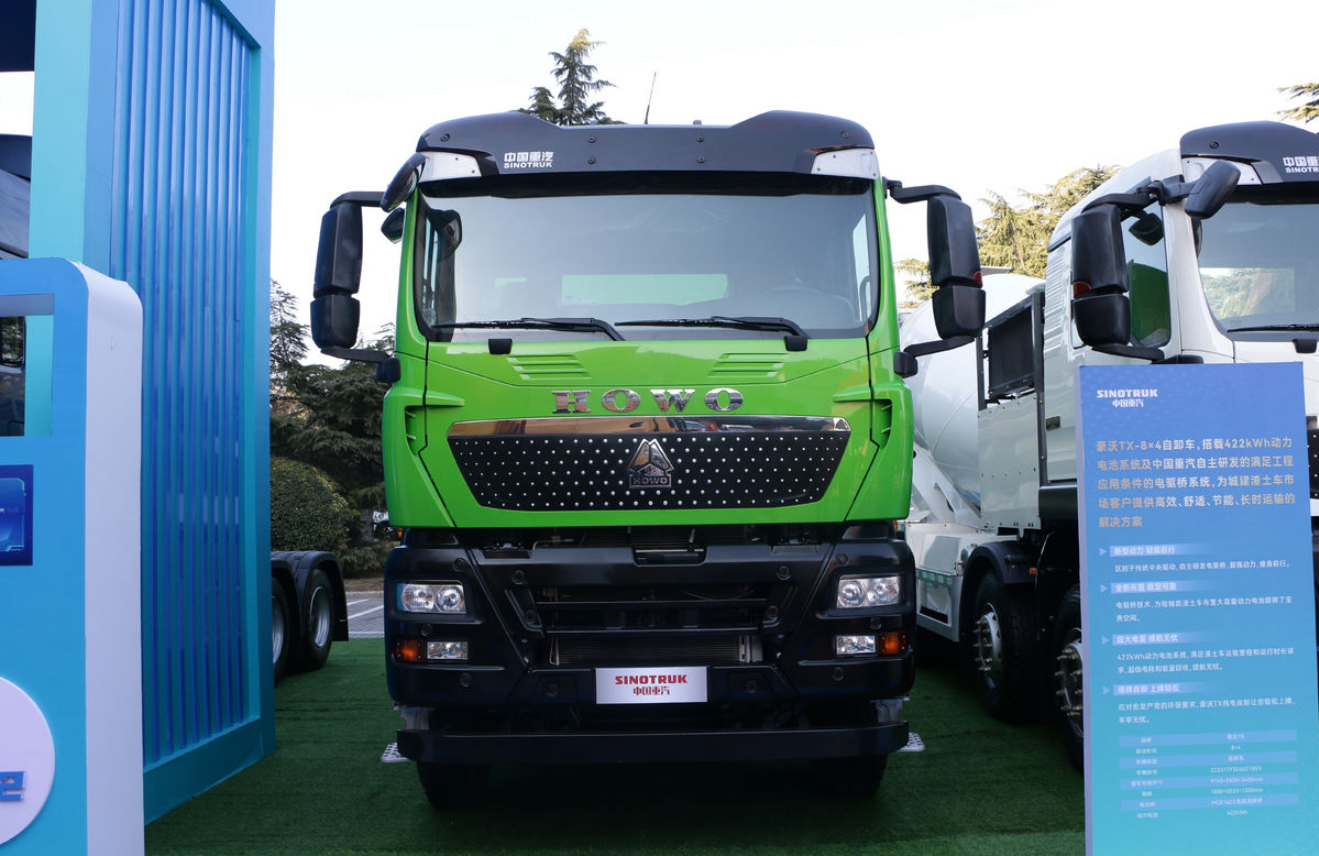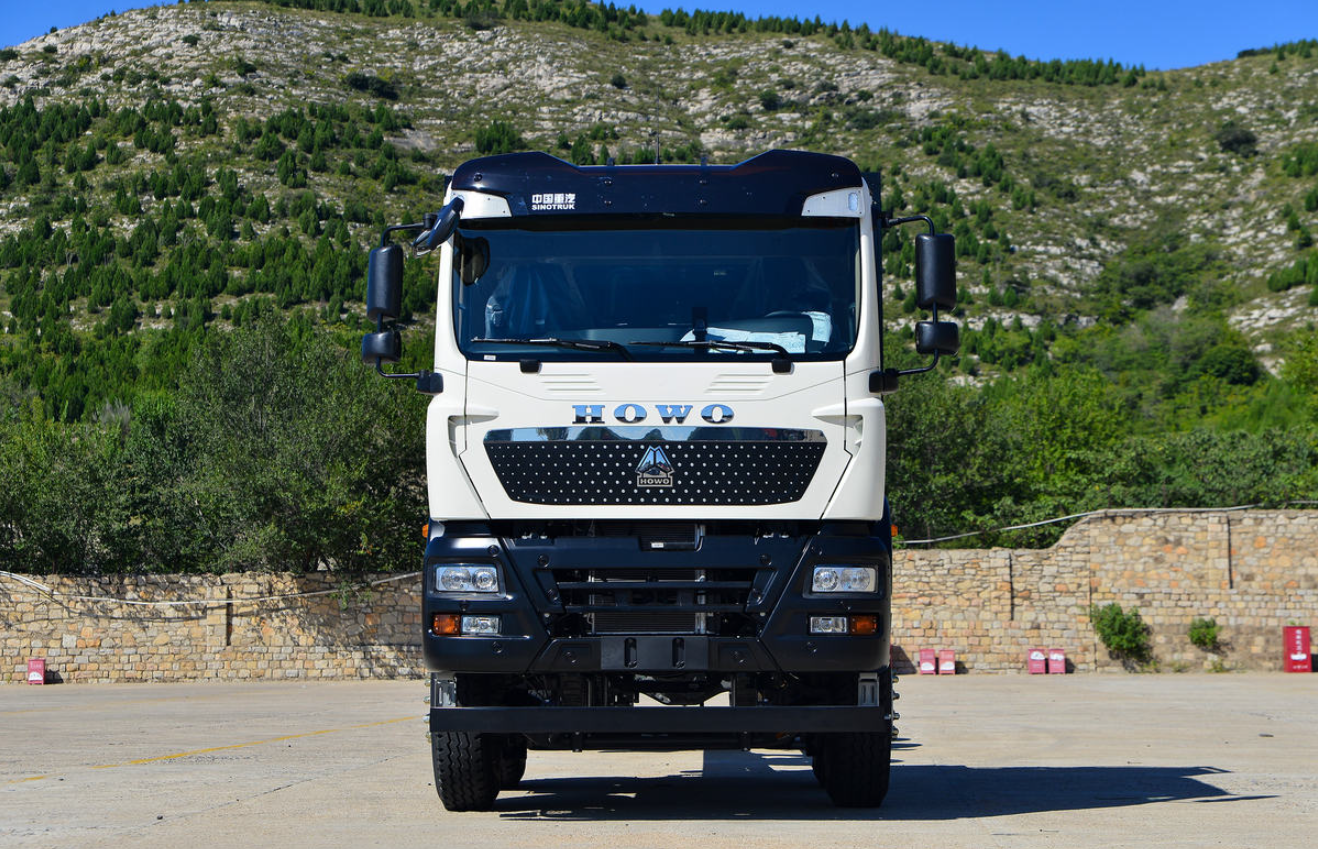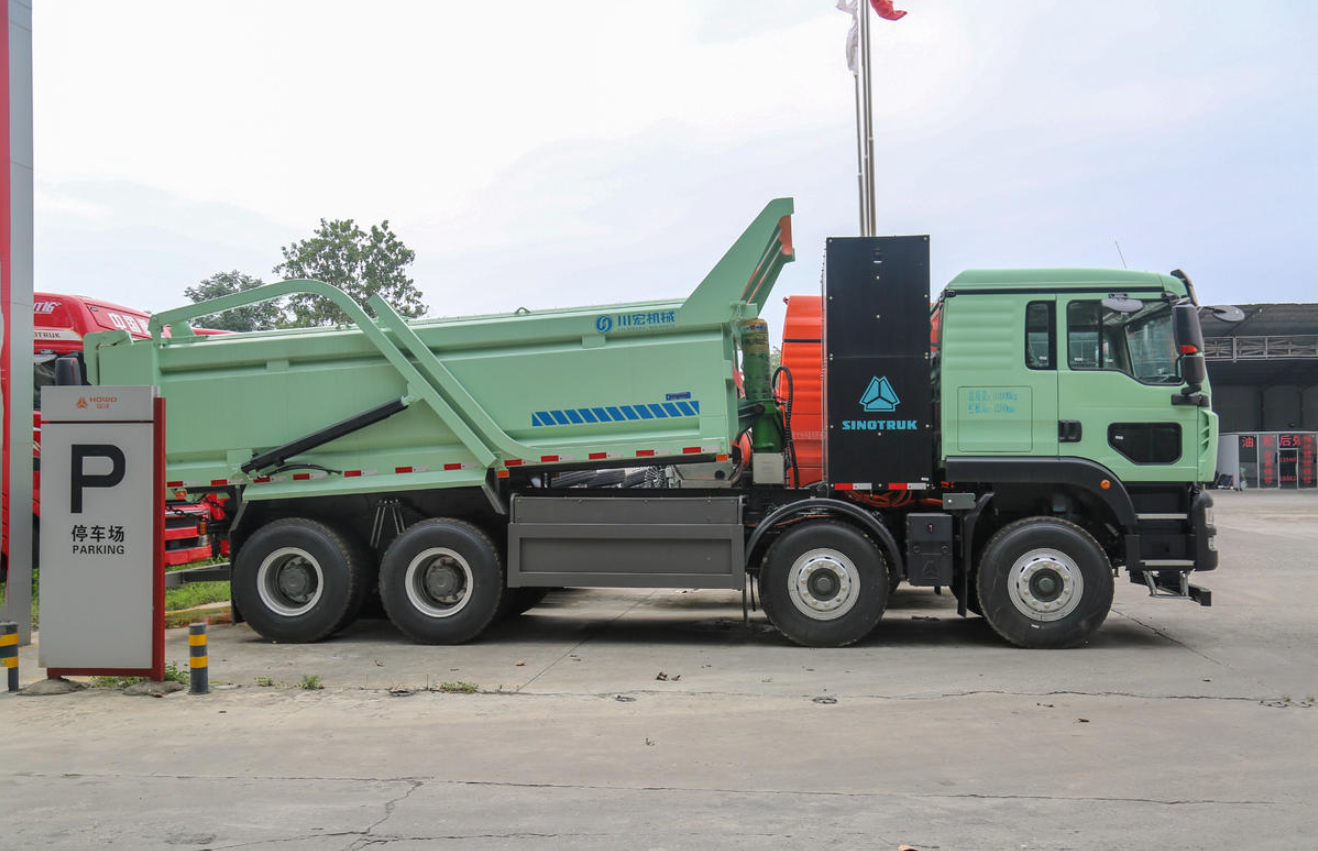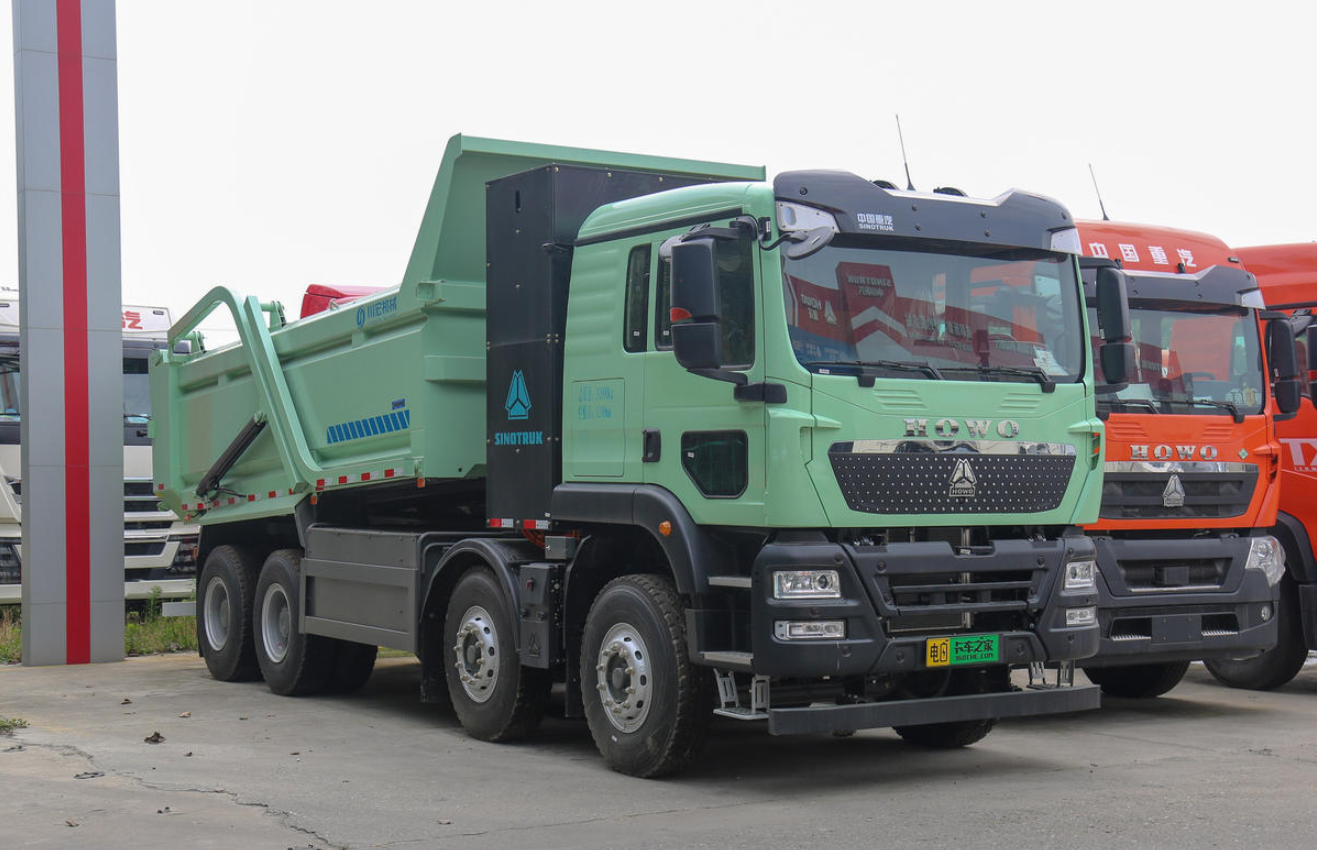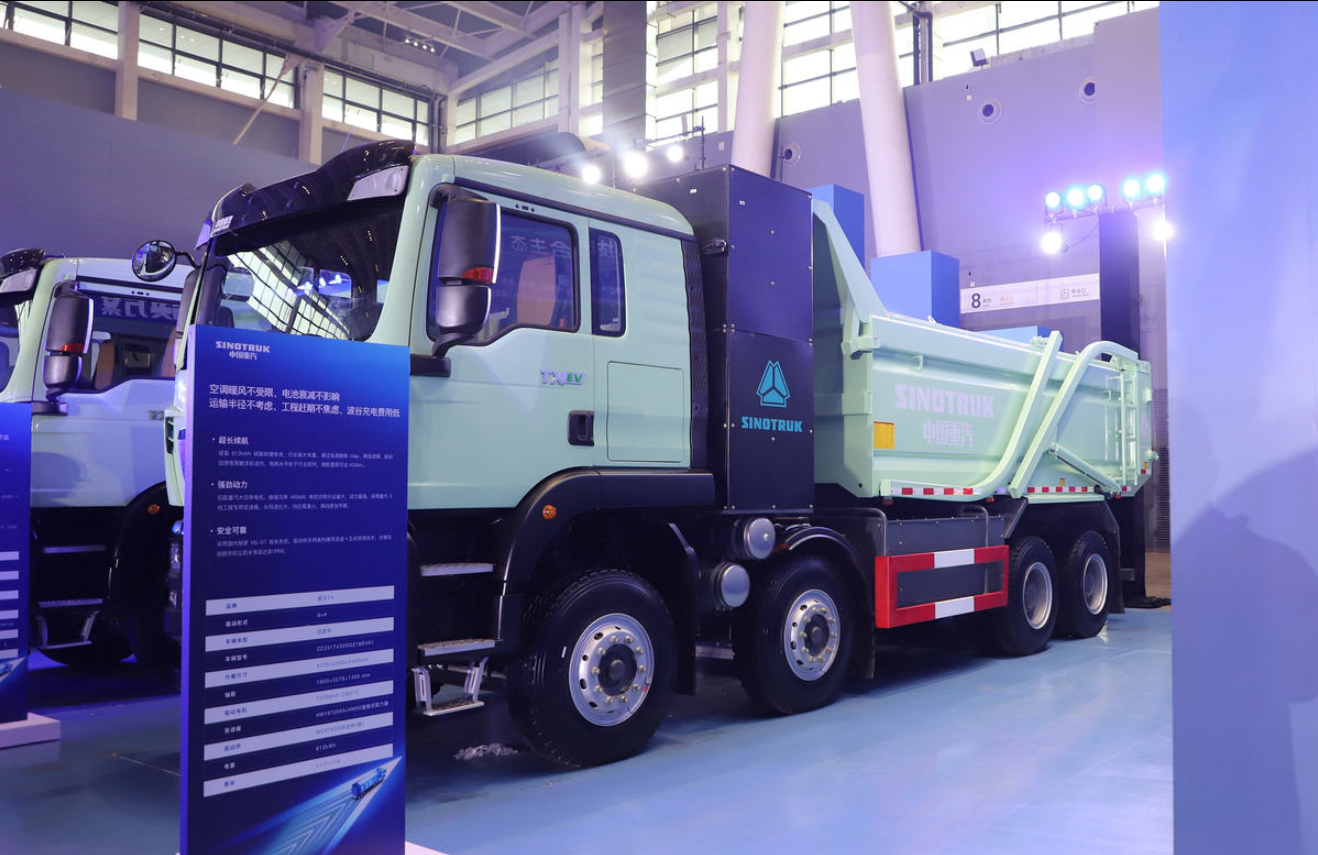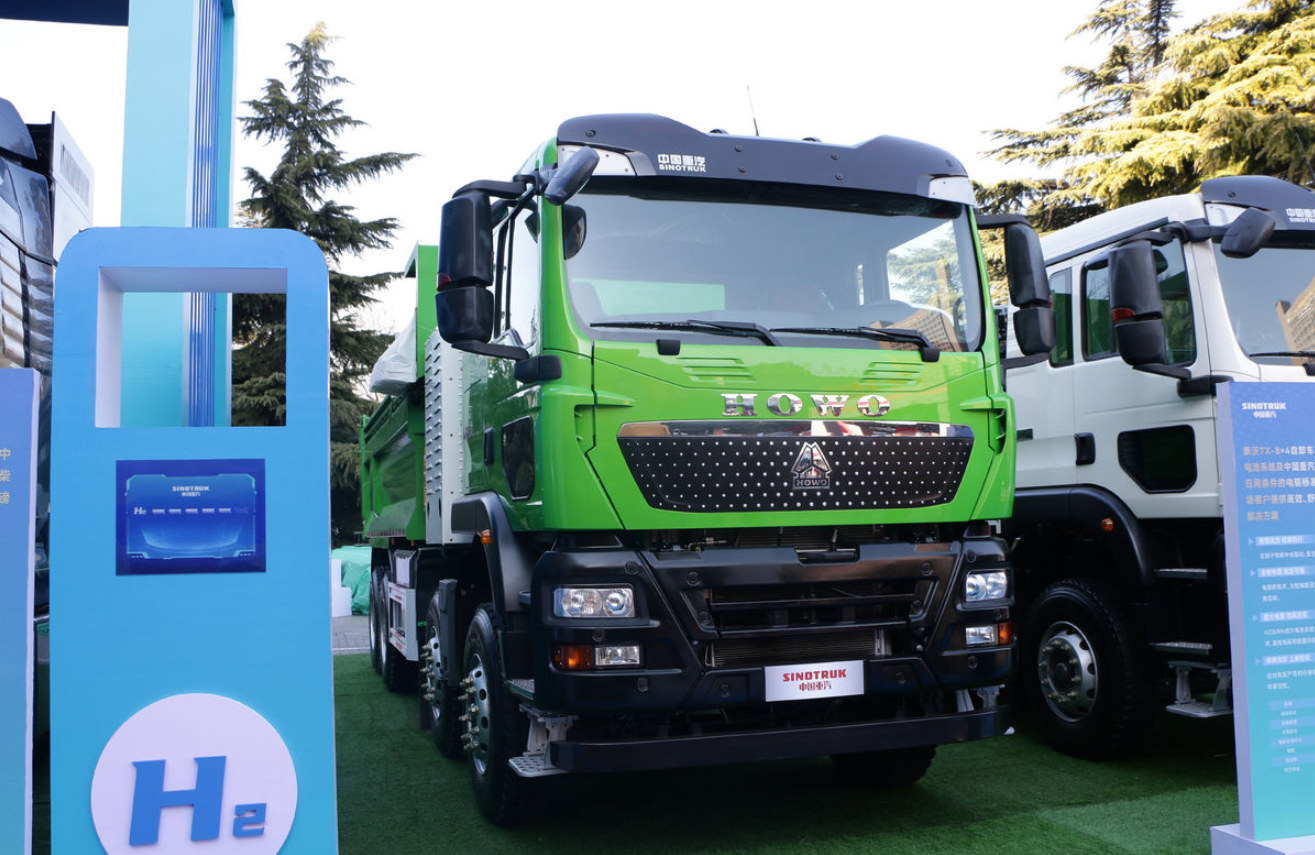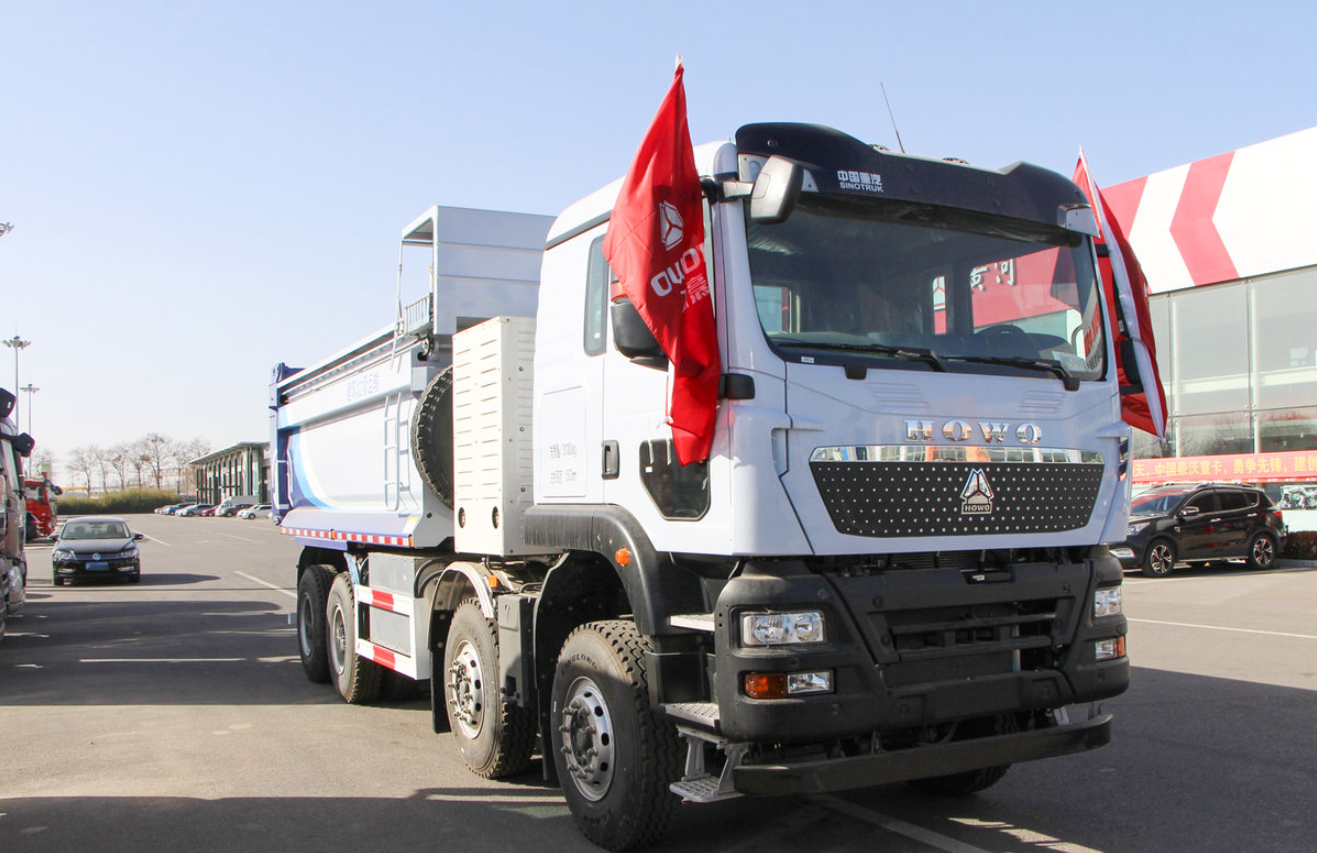Home page > list > news
The Rise of Innovative Truck Technologies in China: The Case of Super - Single Tires and Floating Axles
In the ever - evolving landscape of the global truck industry, the pursuit of cost - effectiveness and sustainability is a top priority. China's trucking sector, a significant player in the global market, is no exception. The adoption of innovative technologies such as super - single tires and floating axles is gradually reshaping the industry, promising to enhance efficiency and reduce environmental impact.
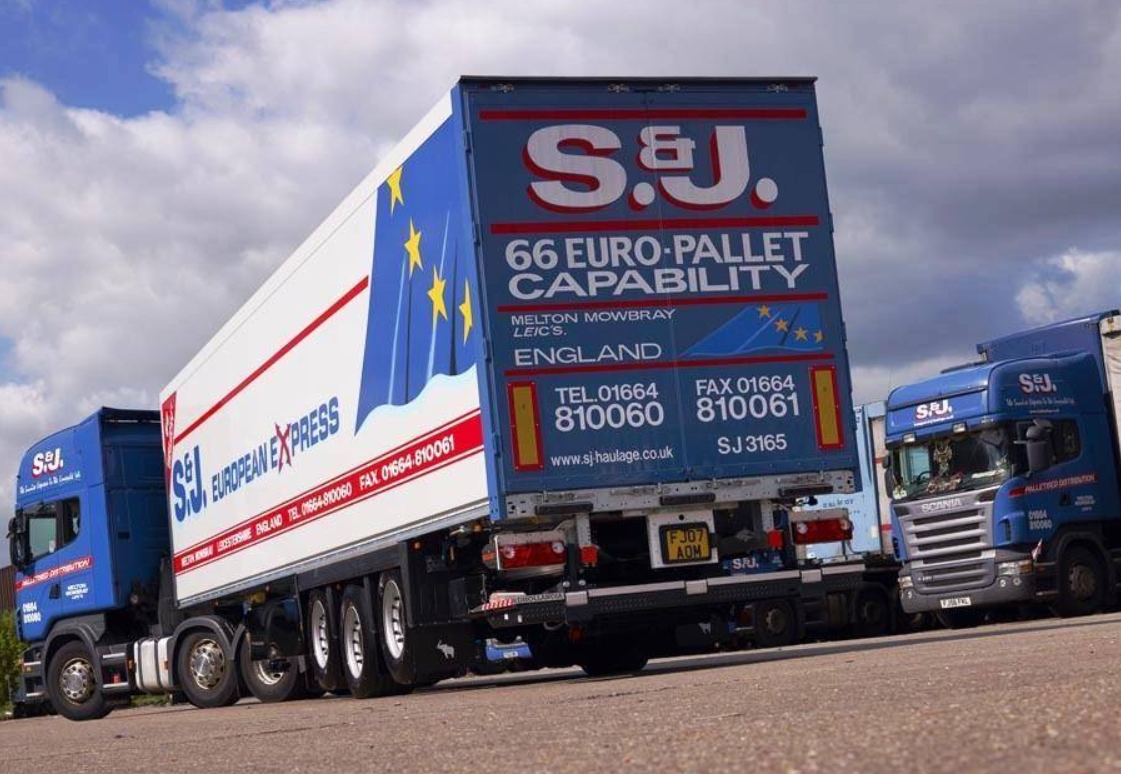
The concept of using super - single tires and floating axles in trucks is not new, but its application in China is gaining momentum. In Europe, similar technologies have been in use for some time, and China is now looking to leverage these advancements to improve its trucking operations. The floating - axle and super - single - tire combination, as seen in the German - made Schmitz trailers, offers several advantages. By allowing the front and rear axles to be lifted during light or no - load conditions, it reduces tire wear and fuel consumption, a crucial factor in China's cost - conscious trucking industry.
Michelin's 455/45 R 22.5 super - wide single tires, known for their light weight, high stability, and low fuel consumption, are a key component of this innovative setup. These tires not only contribute to better vehicle performance but also enable higher load - bearing capacity, as demonstrated by the ability of the European - tested trailers to carry up to 66 standard pallets.
In China, the trend towards lightweighting in the heavy - duty truck segment has been growing. While some domestic manufacturers have focused on using lightweight materials, the structural optimization approach, such as the adoption of single - tire technologies, is also gaining traction. Companies like FAW Jiefang, Sinotruk, and CIMC have already started exploring or implementing wide - single - tire solutions in their products, indicating a shift towards more efficient and sustainable truck designs.
However, the implementation of these technologies in China also faces challenges, especially in terms of policy compliance. The Chinese government has recognized the potential of wide - single - tire applications and has adjusted its regulations accordingly, as seen in the GB1589 document. This regulatory support is crucial for the widespread adoption of such technologies.
Despite the promising developments, questions remain about the actual cost - savings and adaptability to China's diverse road conditions. The experiences of domestic fleets, like the "Xiaochunfeng" fleet using 445 - width tires, will provide valuable insights. Their real - world usage reports will help other trucking companies make informed decisions about adopting these technologies.
Looking ahead, the future of China's trucking industry seems bright with the integration of such innovative technologies. As the industry continues to grow and evolve, the widespread use of super - single tires and floating axles could become a common sight on China's roads. This not only reflects China's ability to keep pace with global trucking trends but also its commitment to developing a more efficient, cost - effective, and environmentally friendly trucking sector.
Submit purchase request
If you need vehicle configuration and quotation, please feel free to contact us
Whatsapp:+8615206750120
Email: 15206476328lulu@gmail.com
The vehicle price and configuration reference of Chinese domestic products, you need to consult local dealers for local purchase
- Submit









